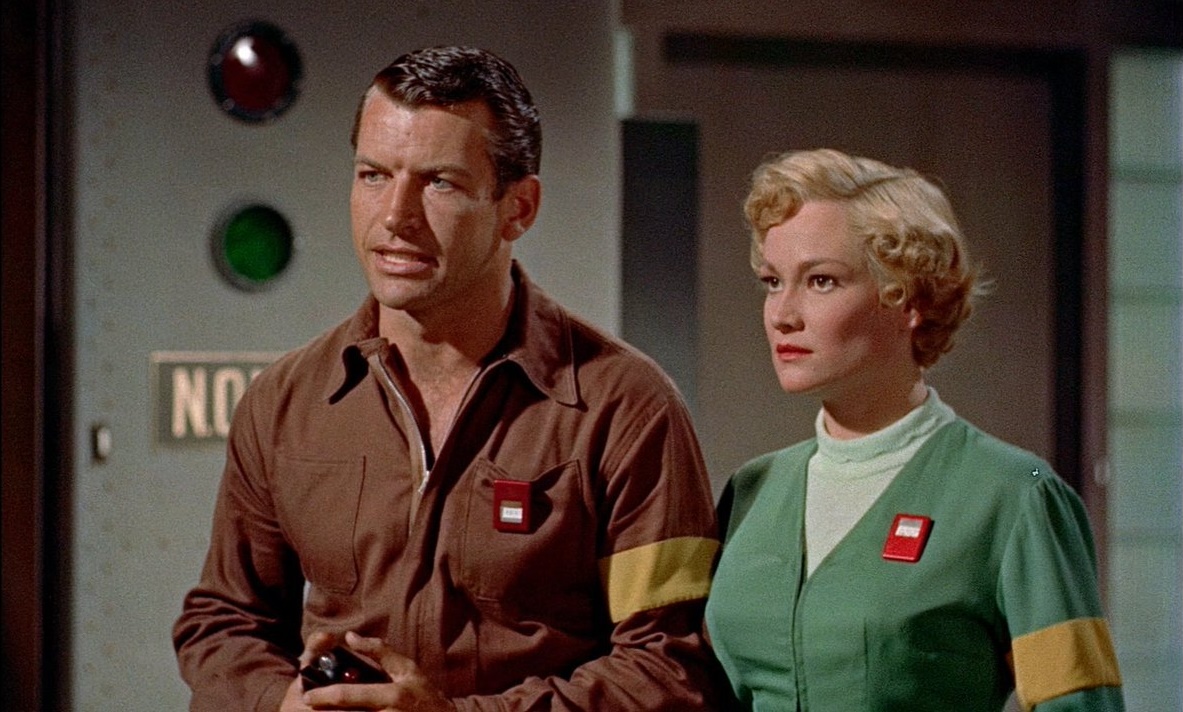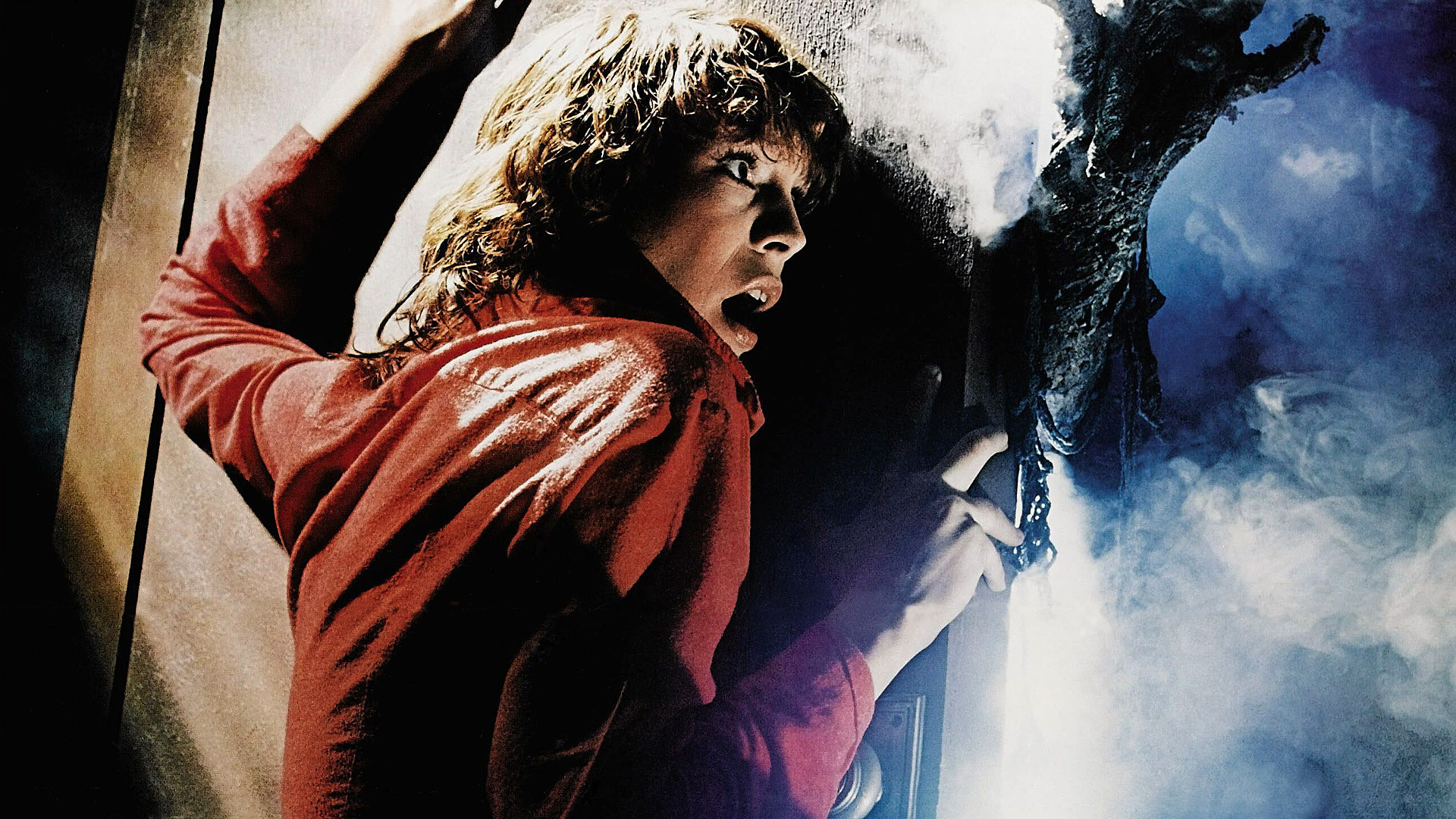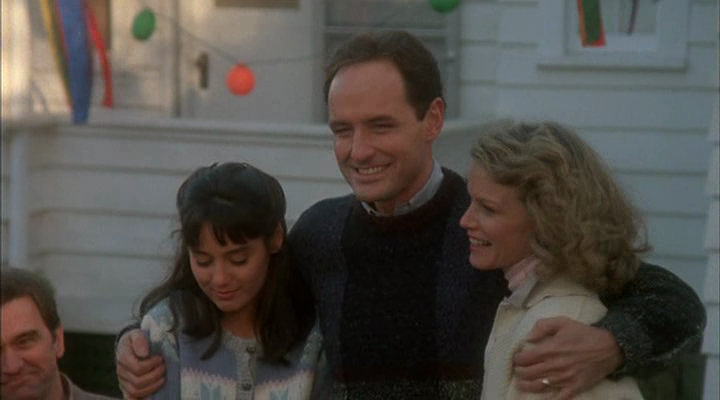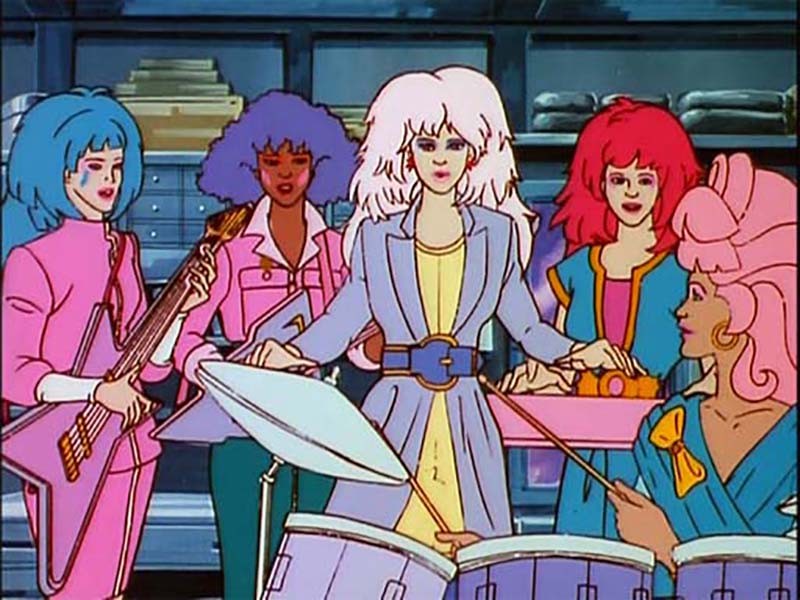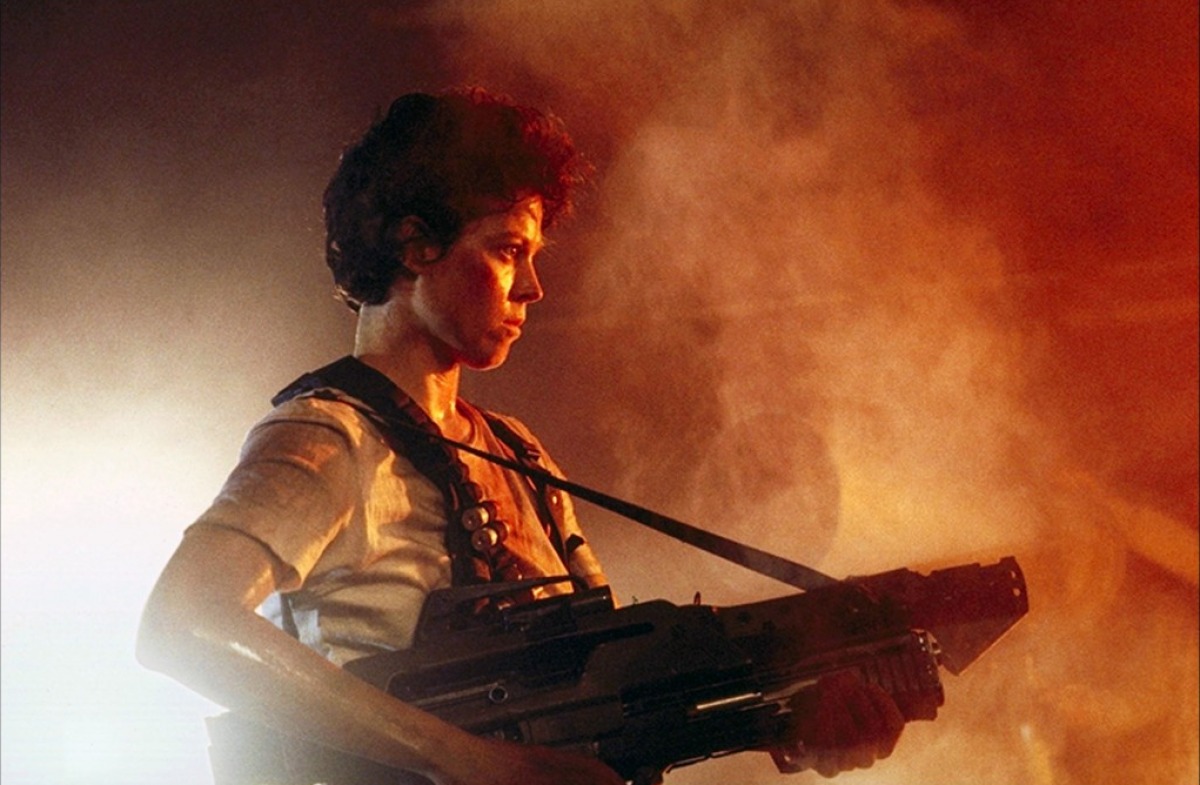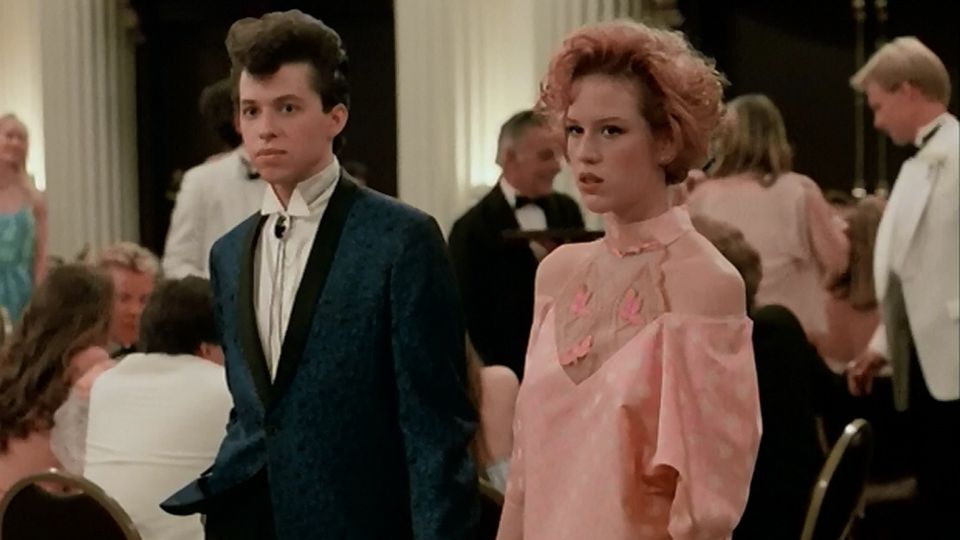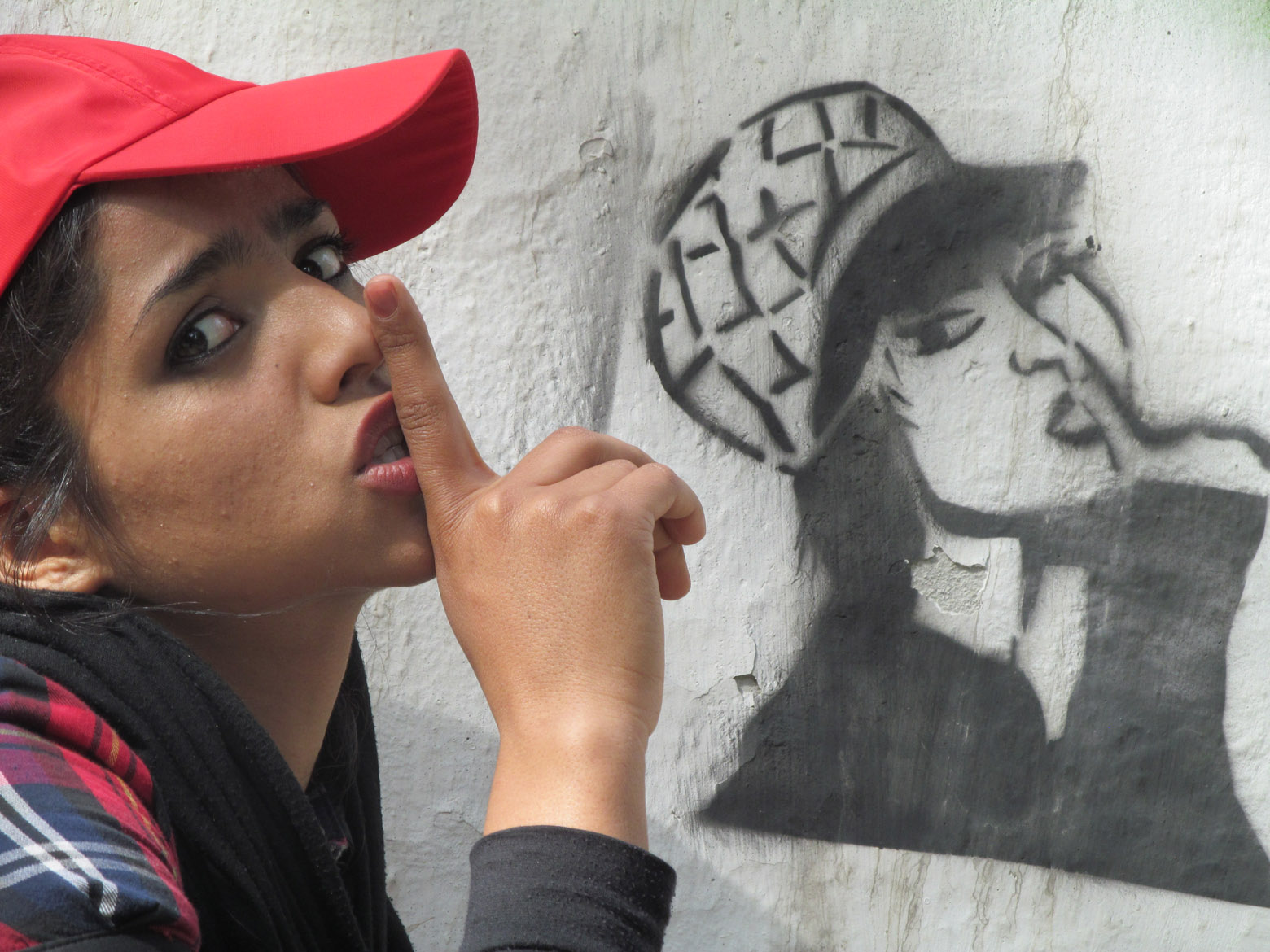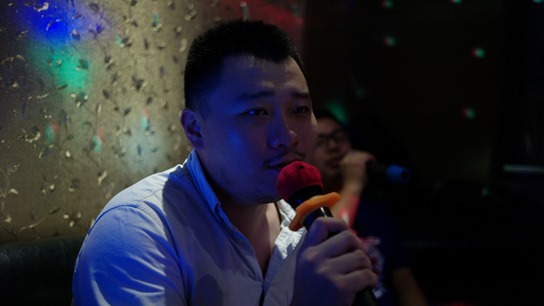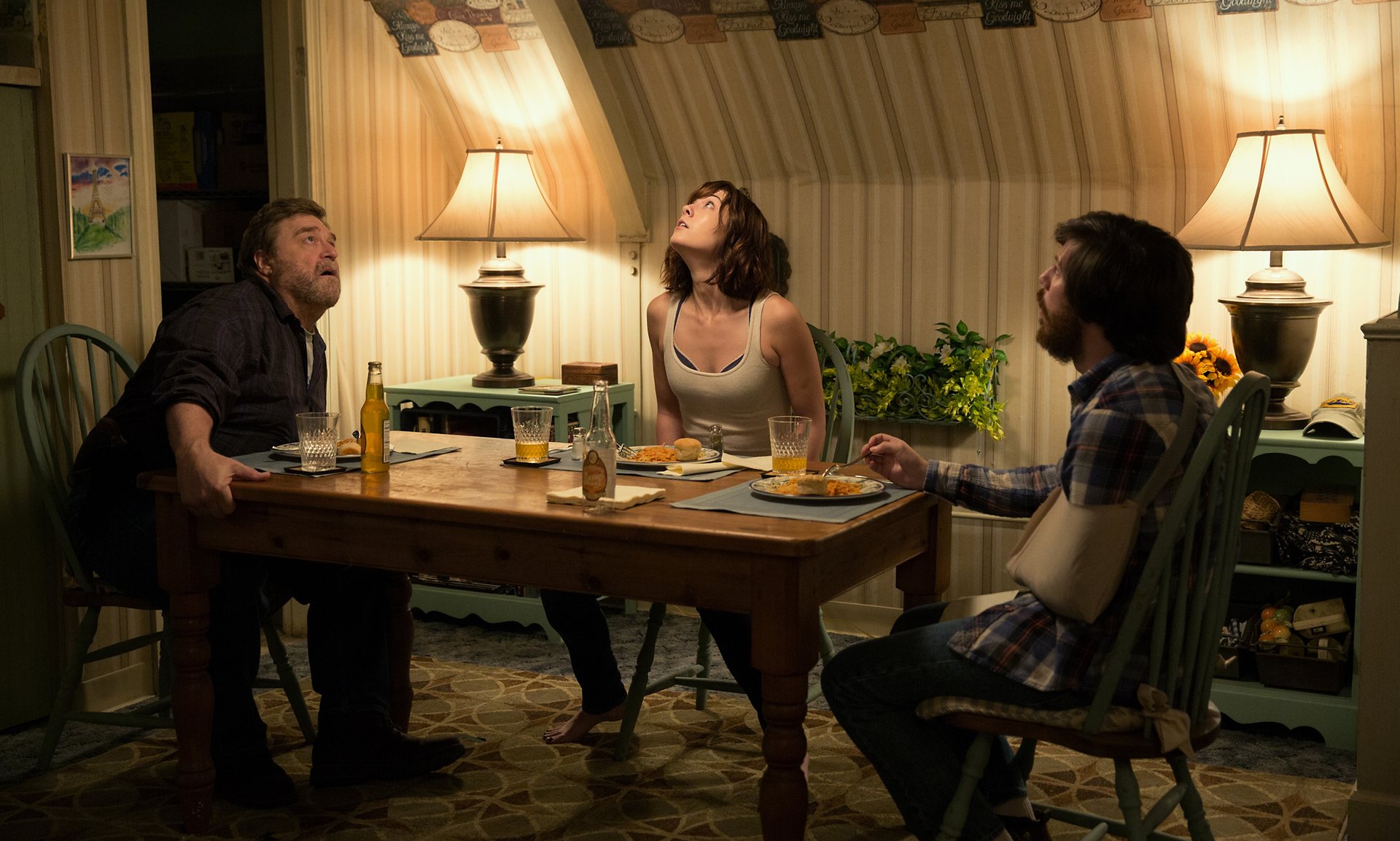1950s B-Movie Women Scientists: Smart, Strong, but Still Marriageable
While the happily ever after scenario in these 1950s B-movies comes with an expectation that women give up their careers in science to become wives and mothers once the appropriate suitor is identified, it seems there are women in B-movies who do have it all — they maintain the respect afforded to them as scientists and also win romantic partners, without having to sacrifice their professional interests to assume domestic roles instead.
